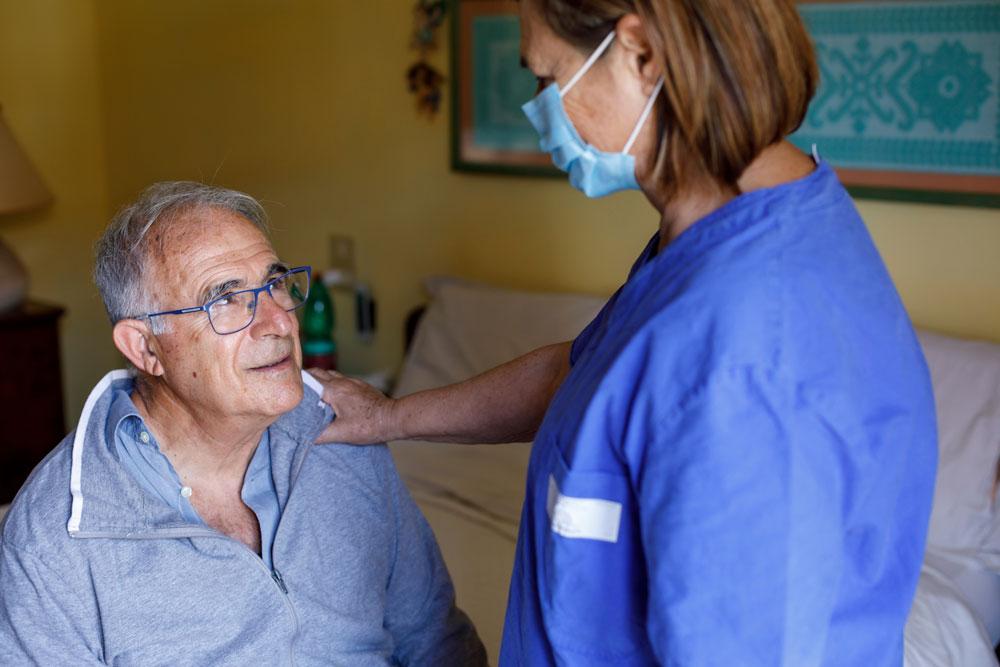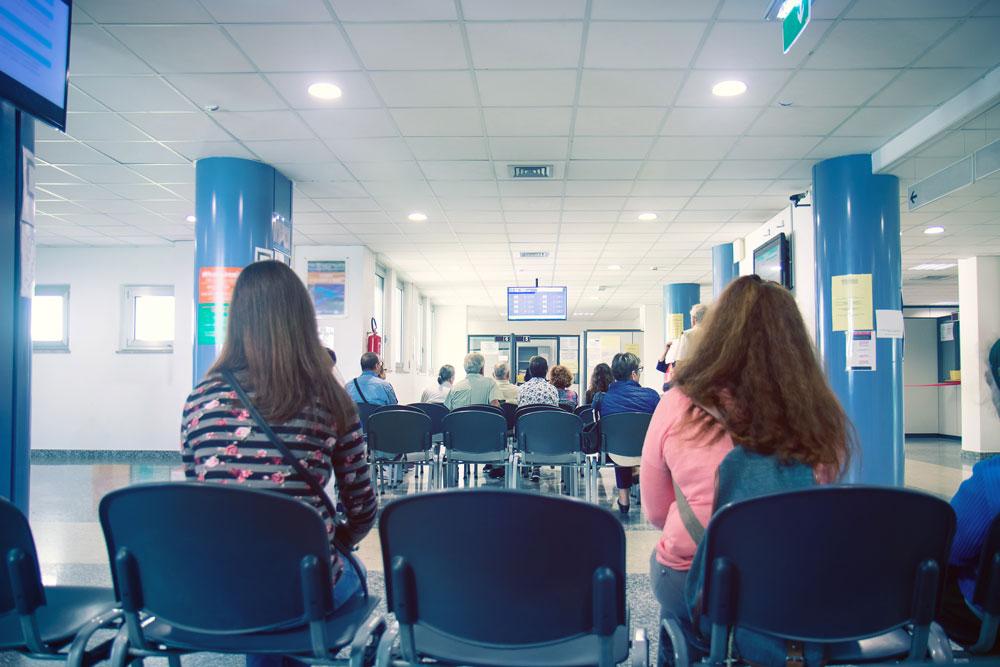As NHS trusts across the country continue to record large financial deficits, the process of recovering debt they are owed takes on added importance. And, as Stephen Sutcliffe, director of Finance and Accounting at NHS Shared Business Services explains, the money owed across the NHS is measured in the eye-watering billions of pounds
Those working outside the NHS may be forgiven for thinking the debate around debt owed to the NHS is mainly concerned with the cost of treatment provided to overseas patients, which is money that, if left unpaid, is almost impossible to recover. Whilst this is certainly a significant issue for today’s NHS – and one that the government seems intent on tackling – the amount due is still only fraction of that owed by the main NHS debtors. Instead, the vast majority of debt we at NHS Shared Business Services (NHS SBS) work to recover for our clients is actually from other parts of the NHS. Most of this NHS to NHS debt is between commissioners and provider organisations, where a hospital trust invoices an NHS commissioning organisation for activity it has carried out.
However, a considerable amount also stems from funds owed between different NHS providers. This is usually where a consultant is employed by one hospital, which pays their salary, but works some of their contracted hours at a different trust, resulting in their salary needing to be recharged. Whilst much of the money that circulates around the NHS is paid and collected without issue, at any one time the average NHS trust is still likely to be owed around £15 million. Last year, meanwhile, NHS SBS alone was able to recover around £20 billion for the NHS providers, commissioners and arm’s length bodies we partner with. Considering the huge numbers involved, it may come as a surprise to anybody unfamiliar with the unique way the NHS is organised, that this occurs against a backdrop of frequent reports of NHS organisations in serious financial difficulties.
Recovering debt
With the majority of debt occurring within and flowing around the NHS, the process of chasing it for payment is anything but straightforward. In a normal commercial environment debt collection is fairly uncomplicated by comparison. After 30 days a debtor is contacted by telephone. This would lead on to a formal letter, before the threat of court action followed by court action itself and, if necessary, the involvement of bailiffs. Although there are instances of commercial debt in the NHS, the fact that most involves NHS to NHS means this standard process is not appropriate. Instead it requires a different approach to keep money flowing through the system as seamlessly as possible.
NHS SBS has a team of around 120 people working to chase and recover debt on behalf of the organisations we work with. Other NHS trusts commit their own resources from their in-house finance teams – not a great use of NHS staff time and expertise when you consider return on investment. Considering, somewhat ironically, the high financial cost and time-intensive nature of just keeping money moving around the healthcare system, it is obvious a more efficient solution will benefit the entire NHS.
An automated process
With this in mind, the recent investment NHS SBS has committed to improving the level of sophistication and better segmentation of different types of debt, will hopefully go a long way to solving what is currently a recurring and expensive problem for the NHS. We are focusing more, for instance, on using our national position and market share to identify and target the very worst payers – those that account for most of the debt chasing that takes place in the NHS. By supporting a few NHS organisations to change and improve their practices, we will improve the situation for the majority no end.
Our recent investment in the very latest back office technologies, meanwhile, will see NHS SBS automate parts of the process of debt collection, for instance, by generating the letters and emails that previously would have needed costly and often protracted manual interventions. We are also looking to introduce new collections functionality to improve effectiveness and efficiency, either as part of our ERP replacement project or on a standalone basis, and are constantly reviewing our processes to seek out automation opportunities in areas such as cash application. Most significantly, perhaps, is our intention to introduce a Clearing House solution to the NHS in 2018. Rather than having lots of invoices and numerous transactions between a local NHS commissioning body and one of its local NHS providers, we would instead facilitate the consolidation of invoices into one weekly or monthly payment that considers the net impact. This will effectively mean that cash can flow more quickly and processing times are reduced, by eradicating many of the invoices that currently clog up the system. It would also ensure that the current need for chasing countless different payments is no longer required.
Planning ahead of payment plans
Meanwhile, returning to the issue of tackling individual debt, the Next Steps on the NHS Five Year Forward View, published in March last year, said that the government has set the NHS the target of recovering up to £500 million a year in respect of cost recovery from non-UK residents – work that is being led by NHS Improvement. To help NHS trusts in this regard, we are currently piloting an income and receipting tool that provides hospitals with the facility to accept chip and PIN payments ahead of planned treatment. This replaces the need for paper invoices that are both inefficient and less likely to lead to actual payment. It will also allow hospitals to begin to replace paper-based cash systems and instead link payments, for things like prescriptions, directly to the general ledger.
With NHS SBS providing a payment platform that is used by 100 per cent of NHS commissioning organisations and around 70 different provider trusts, we have sight of and manage a high percentage of total NHS spend. We are, therefore, better placed than most to develop and implement innovative processes and systems, changing the way the NHS manages and recovers debt across the board in future.





